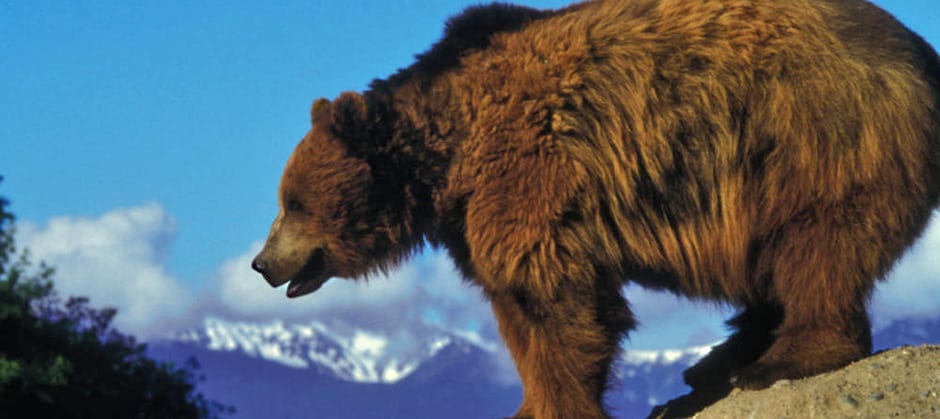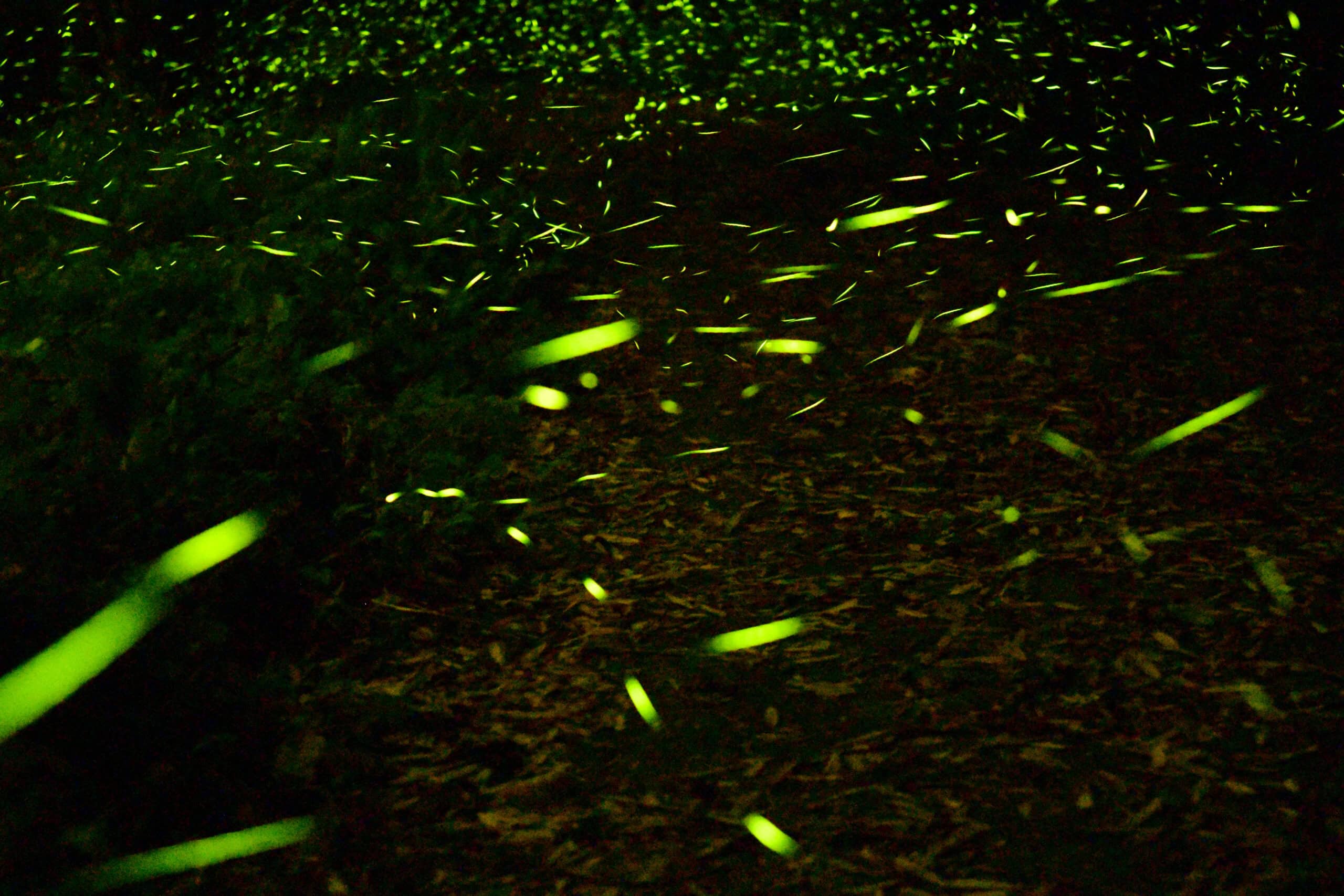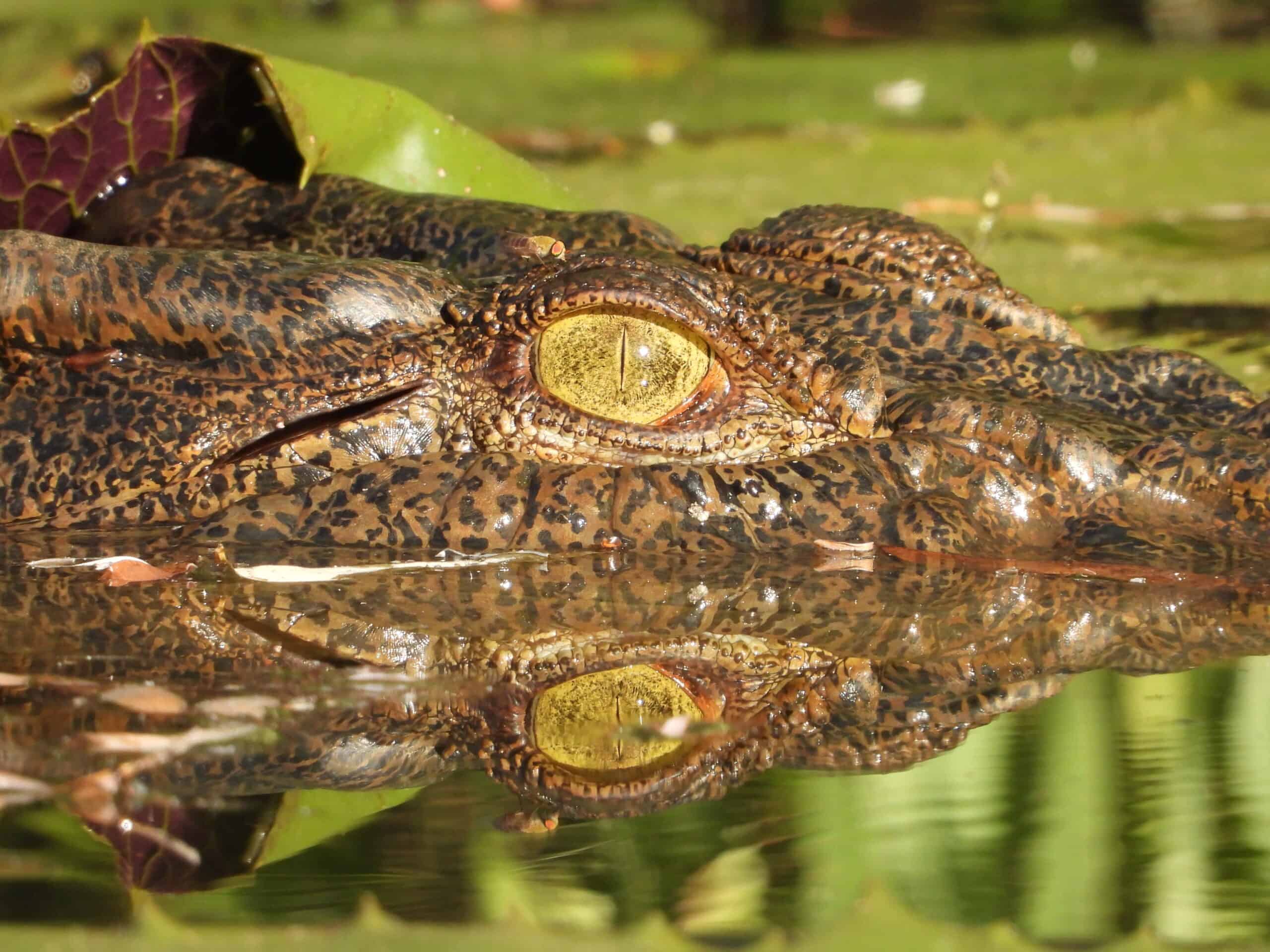Share this article
House committee considers grizzly take legislation
The House Natural Resources committee is considering an act that would prohibit grizzly bear hunting or other take of grizzlies in the contiguous United States where they aren’t already listed under the Endangered Species Act.
Last week, the Water, Oceans and Wildlife subcommittee of the House Natural Resources committee held a hearing to consider the “Tribal Heritage and Grizzly Bear Protection Act” (H.R. 2532). The bill, recently introduced by Natural Resources Chairman Raúl Grijalva, D-Ariz., would permanently extend Endangered Species Act take prohibitions to grizzly bears (Ursus arctos horribilis) in the Lower 48 states.
The bill would ban hunting and other grizzly bear take, except in self-defense, and limit non-discriminatory predator management activities that could affect grizzly bears on public lands. Permits would be required to take bears for scientific purposes, tribal purposes and the protection of agriculture or public safety. Before a permit is issued, or before any major federal action that could impact grizzly bears or their habitat, consultation with tribes would be required.
The bill also lays out a process for grizzly bear reintroductions on suitable tribal lands, when desired by the tribe. As part of the bill, a new Grizzly Bear Scientific Committee would also be established, which would carry out expert consultations and studies.
Witnesses from several different backgrounds offered a variety of viewpoints on the management and conservation of grizzly bears and on the legislation.
Benjamin Nuvamsa, former chairman of the Hopi Tribe, spoke in support of the bill. “In a biological sense, the grizzly bear, as a wildlife species, plays an important role in the ecological chain and thus, contributes immensely to the ecological balance,” he said. “To remove the grizzly from the ecology would have devastating effect on other wildlife species in the region. These species depend on each other for survival. That is why H.R. 2432 is so important.”
Barrie Gilbert, senior scientist emeritus with Utah State University, offered testimony on the population size, diet and causes of mortality of bears in the Greater Yellowstone ecosystem. “If the grizzly bear is delisted, and followed by a hunt, the hunting mortality will be additive to the current increased mortality caused by humans and natural mortality; thus reducing the population again to threatened status,” he said.
Brian Nesvik, director of the Wyoming Game and Fish Department, testified about grizzly bear management in Wyoming and surrounding states and explained his concerns about the bill. He cautioned that the bill was contrary to the intent of the Endangered Species Act. “Continued ESA protections, prohibitions against state management, federal oversight committees with no state involvement and requirements for obtaining permits for routine management would serve to create further divisions between the federal, state and tribal governments and councils,” Nesvik said. “The notions put forth in this proposed bill disregard the stellar records of state wildlife management and message a lack of trust in management authority of anyone outside of the federal government.”
In 2017, the U.S. Fish and Wildlife Service declared the grizzly bear recovered, a decision that was immediately met with several lawsuits, which were ultimately consolidated into one case. In September 2018, the court found that the delisting of grizzlies was legally insufficient and invalidated the 2017 delisting, returning them to the ESA list. The Trump administration is appealing that decision. The Wildlife Society submitted comments supporting the 2017 delisting.
The Tribal Heritage and Grizzly Bear Protection Act must be considered by the full House Natural Resources committee before advancing to a vote before the entire House.
Read TWS’ Position Statement on Delisting of Grizzly Bears in the Greater Yellowstone Area and its comments on delisting.
Header Image: Under new legislation, hunting and other take of grizzly bears would be prohibited in the contiguous United States. ©USFWS








